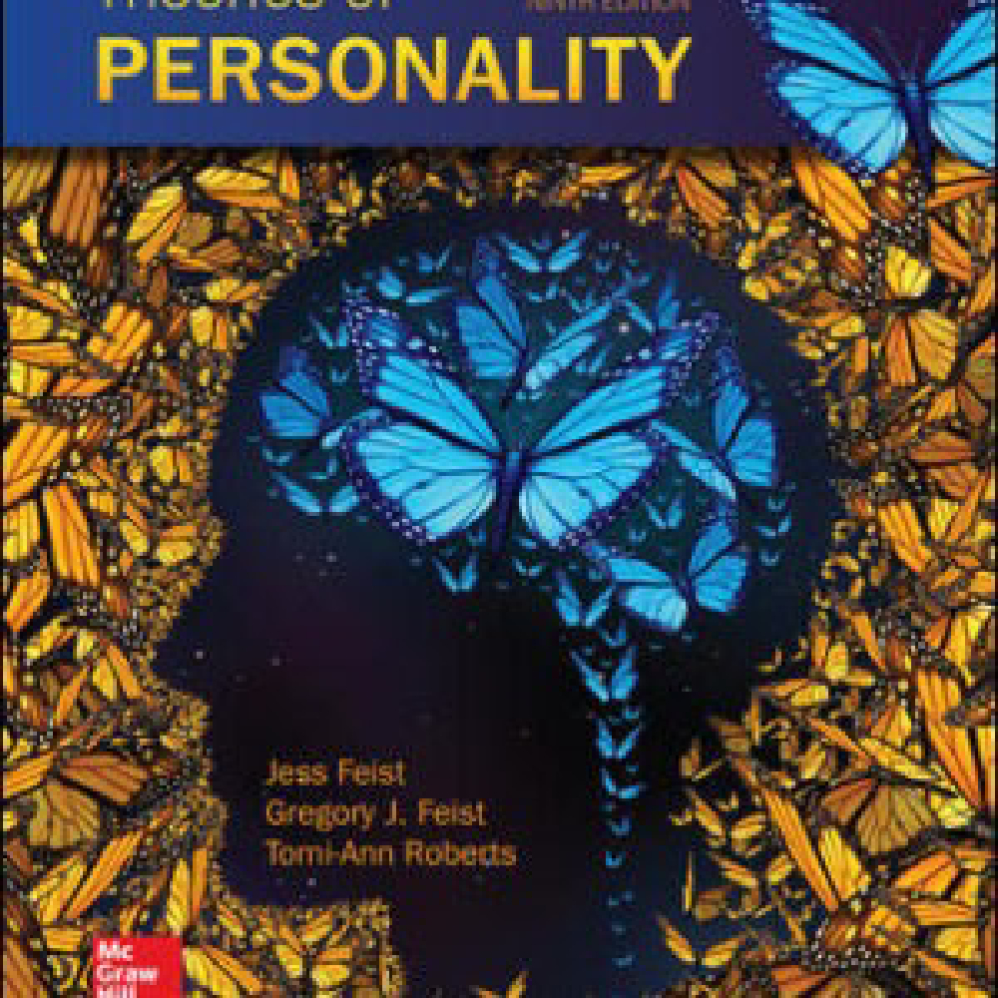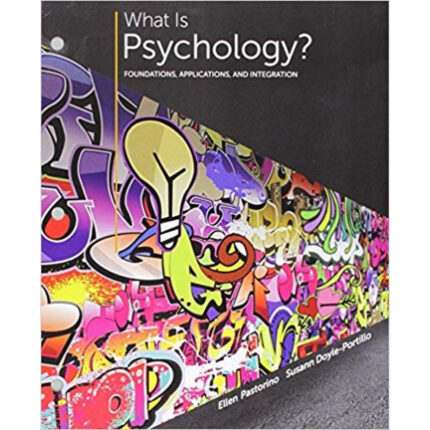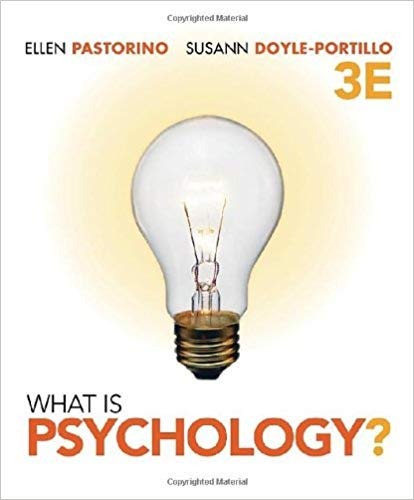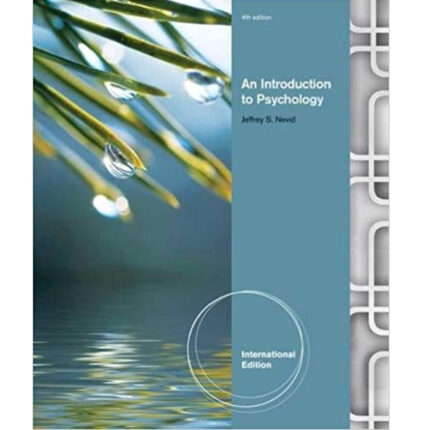. Rollo May was the foremost spokesperson for the _____ approach to psychology in the United States.
- humanistic
- B. existential
- psychoanalytic
- transpersonal
- nomothetic
Page: 324
Accessibility: Keyboard Navigation
- May’s approach to understanding people was based primarily on his
- religious faith.
- scientific research.
- C. clinical experience.
- personal psychoanalysis.
- experiences during World War II.
Page: 324
Accessibility: Keyboard Navigation
- According to May, healthy people
- challenge their destiny.
- cherish their freedom.
- deny the inevitability of death.
- All of the answers are correct.
- E. challenge their destiny and cherish their freedom.
Page: 325
Accessibility: Keyboard Navigation
- May’s childhood was marked by
- closeness to both parents.
- parental emphasis on educational achievements.
- a particularly loving relationship with his mother.
- D. parental arguments and family strife.
Page: 325
Accessibility: Keyboard Navigation
- As a young man, Rollo May, like Erik Erikson,
- had a personal analysis with Anna Freud.
- became friends with Sigmund Freud.
- was strongly influenced by Alfred Adler.
- D. traveled through Europe as a wandering artist.
- had a strong desire to become a minister.
Page: 325
Accessibility: Keyboard Navigation
- May was influenced by Søren Kierkegaard’s view of anxiety as a struggle against
- A.
- destiny.
- fate.
- intentionality.
Page: 327
Accessibility: Keyboard Navigation
- May was critical of
- the antiscientific views of some existentialists.
- attempts to dilute existential psychology into a painless method of psychological self-help.
- Carl Rogers’s views on the nature of human evil.
- D. All of the answers are correct.
Page: 327–328
Accessibility: Keyboard Navigation
- Modern existential psychology has roots in the writings of
- A. Søren Kierkegaard.
- Friedrich Nietzsche.
- Martin Heidegger.
- Jean-Paul Sartre.
Page: 328
Accessibility: Keyboard Navigation
- Kierkegaard emphasized an equilibrium between
- action and nonaction.
- fear and courage.
- love and hate.
- D. freedom and responsibility.
Page: 328
Accessibility: Keyboard Navigation
- From an existential perspective, people acquire freedom of action
- through expanding their self-awareness.
- by assuming responsibility for their actions.
- by minimizing the anxiety associated with their actions.
- All of the answers are correct.
- E. through expanding their self-awareness and by assuming responsibility for their actions.
Page: 328
Accessibility: Keyboard Navigation
- Which of the following is a common element found among most existential thinkers?
- They believe that essence takes precedence over existence.
- B. They oppose the split between subject and object.
- They believe that theories are constructed in part to explain phenomena.
- They hold circumstances responsible for who one is and what he or she becomes.
Page: 329
Accessibility: Keyboard Navigation
- From an existential perspective, as people realize that they are in charge of their own destiny, they experience the
- fear of failure.
- burden of freedom.
- pain of responsibility.
- D. burden of freedom and pain of responsibility.
Page: 328
Accessibility: Keyboard Navigation
- Most existentialists believe that
- A. existence takes precedence over essence.
- nonbeing takes precedence over being.
- subject and object must not be divided.
- life has no meaning other than pleasure.
Page: 328–329
Accessibility: Keyboard Navigation
- Basically, existentialists believe that theories
- are essential for understanding people.
- B. render individuals into objects.
- increase the authenticity of the individual’s experience.
D. All of the answers are correct.













Reviews
There are no reviews yet.